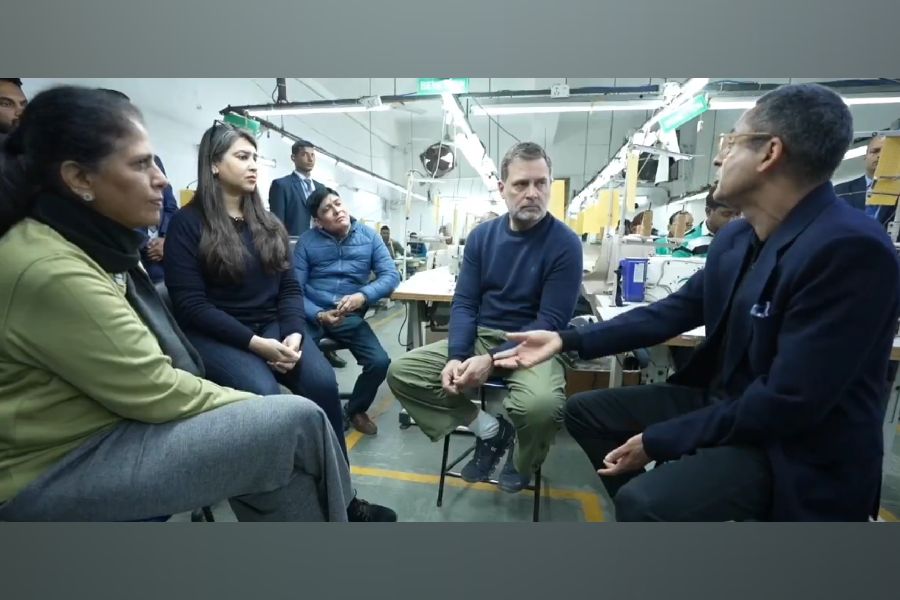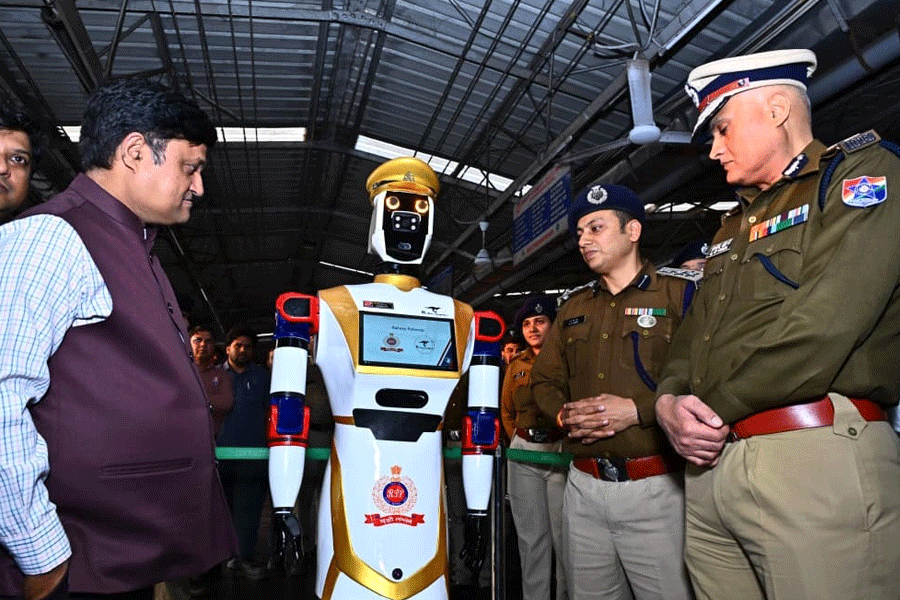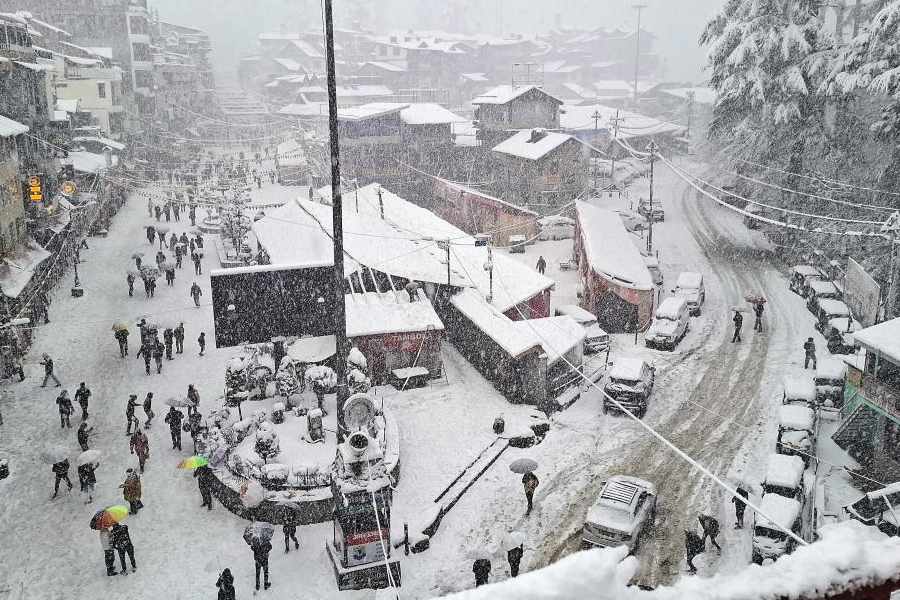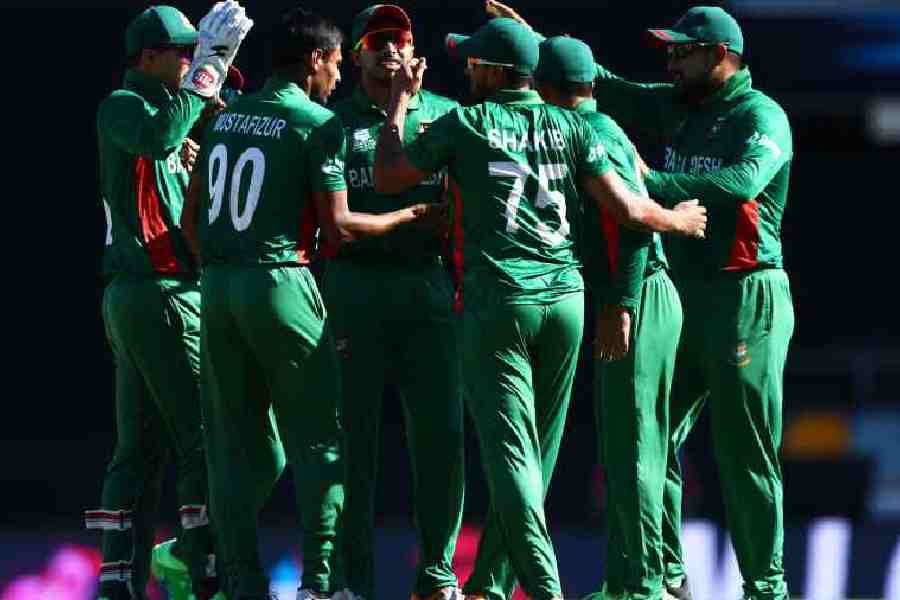The Trauma and Triumph: Gender and Partition in Eastern India Edited
By Jasodhara Bagchi and Subhoranjan Dasgupta,
Stree, Rs 350
That the partition of Bengal brought with it a trail of death and destruction is well known. It is equally true that women were the worst victims of the violence. But many people are unaware of the nuances of this history of violence and of the mass movements which took place during that time. This collection includes stories, descriptions of episodes, essays and even portions of film scripts, that recreate this past.
Although the partition of Bengal has been documented in novels and stories, Subhoranjan Dasgupta’s excellent piece will arouse interest in this book, which takes the reader back to those times. Renuka Roy describes the history of rehabilitation work and her own past but, unfortunately, she does not address the question whether the partition of Bengal was a historical blunder or not. There are ample reasons to believe that some power-hungry politicians were helped in their devious scheme by big business groups which were against Hindu-Muslim unity. These politicians did irreparable damage to the cause of Bengal to suit their petty interests.
Jasodhara Bagchi’s moving piece throws light upon art and literature that were inspired by this event and the struggle waged by women participants.
Stories of the Tebhaga agitation come alive in Dasgupta’s article, but more fully in Selina Hussain’s vivid description of police torture on Ila Mitra, the heroine of the movement. The reproduction of Ila Mitra’s statement has added to the quality of the piece.
The interviews and musings are evocative and interesting. They prove that even in times of religious strife, one can remain non-communal and fight to save lives.
The English translations of Salil Sen’s play, Natun Ehudi (the New Jews), and Ritwik Ghatak’s Meghe Dhaka Tara are heart-rending. One has to read them to understand how the partition affected our best creative minds.
There are a few weaknesses in this book though. For instance, the book does not provide a definite answer to the question whether the partition of Bengal was a necessity or not. The price, too, seems to be somewhat stiff for a paperback.











